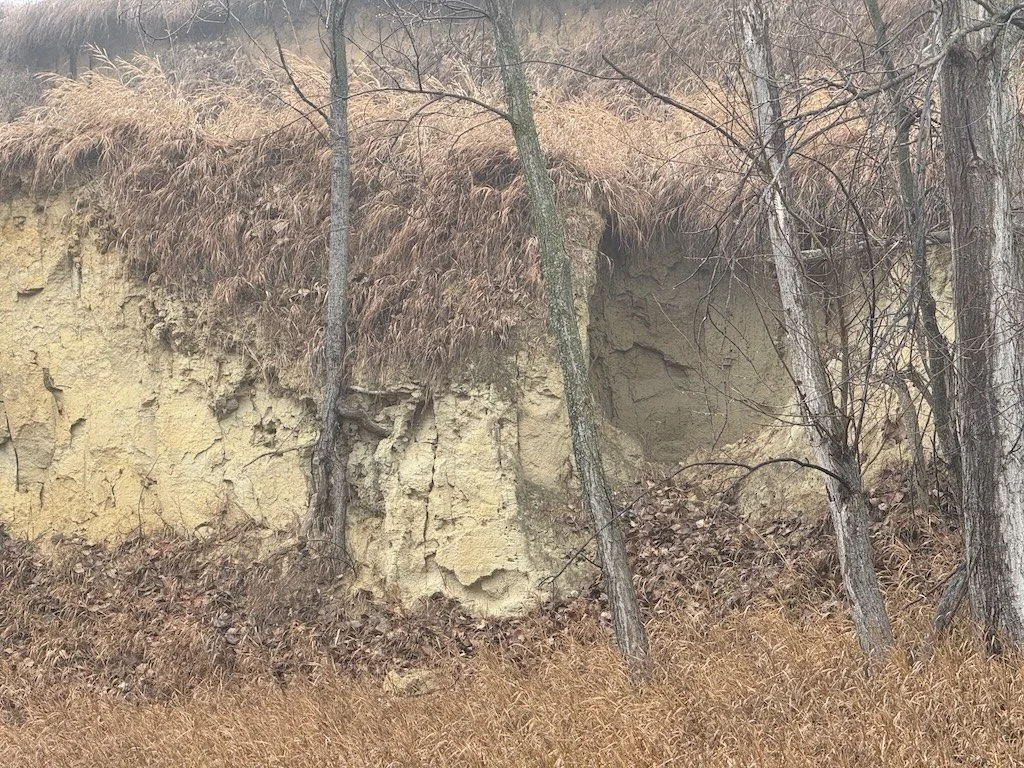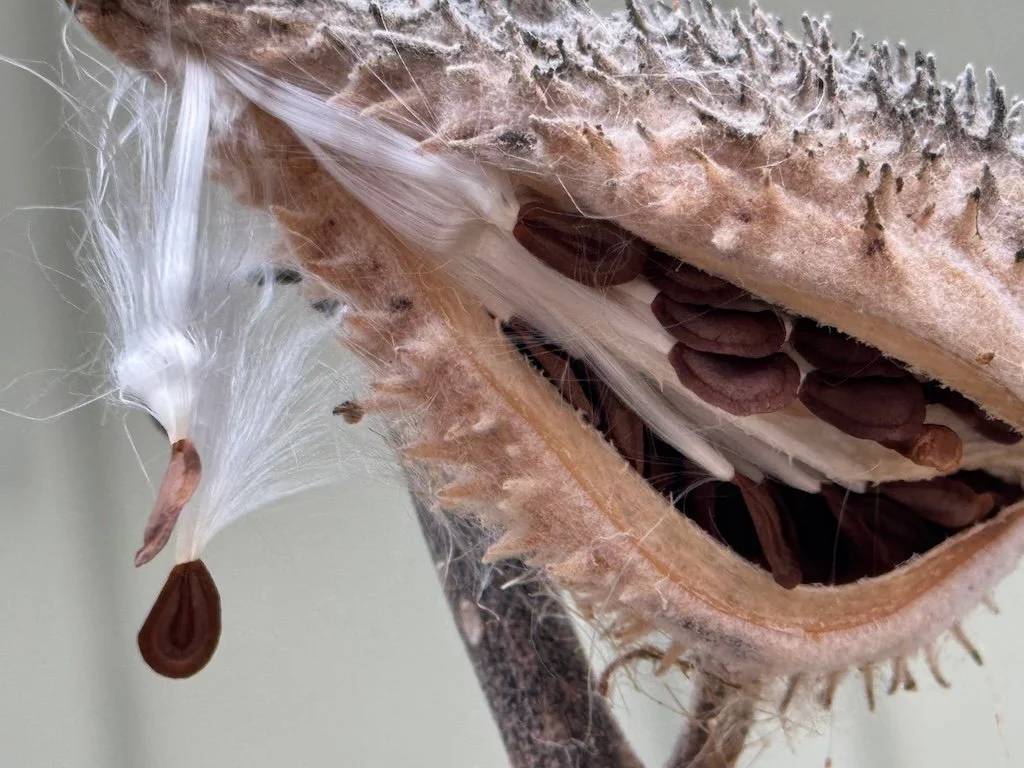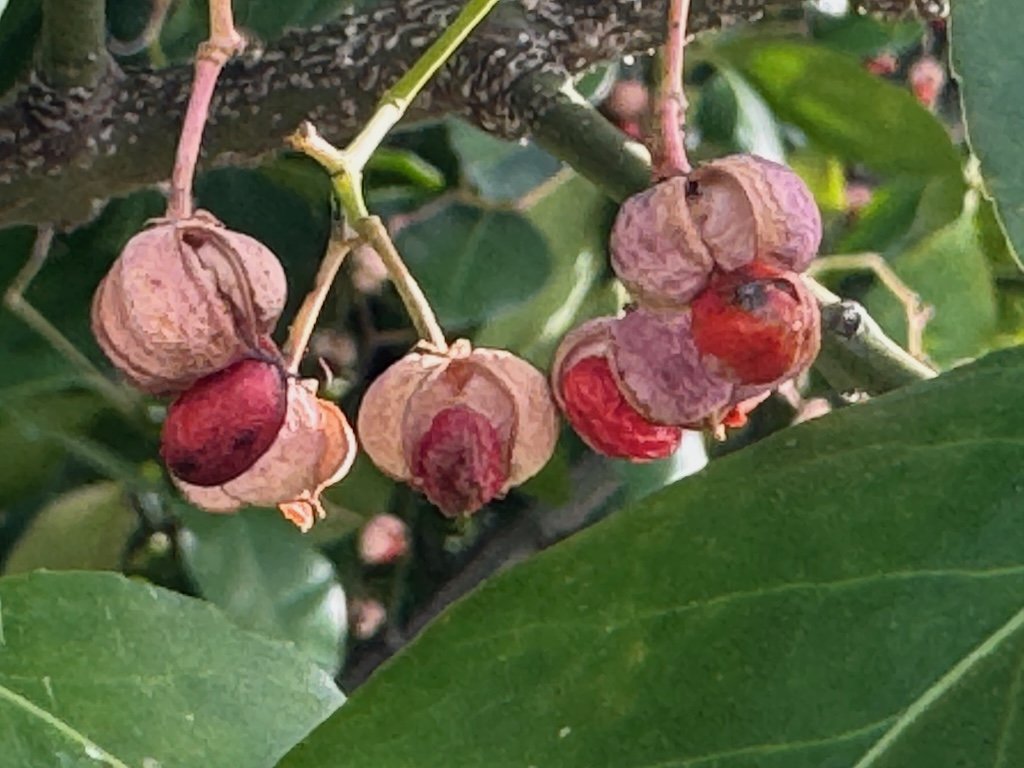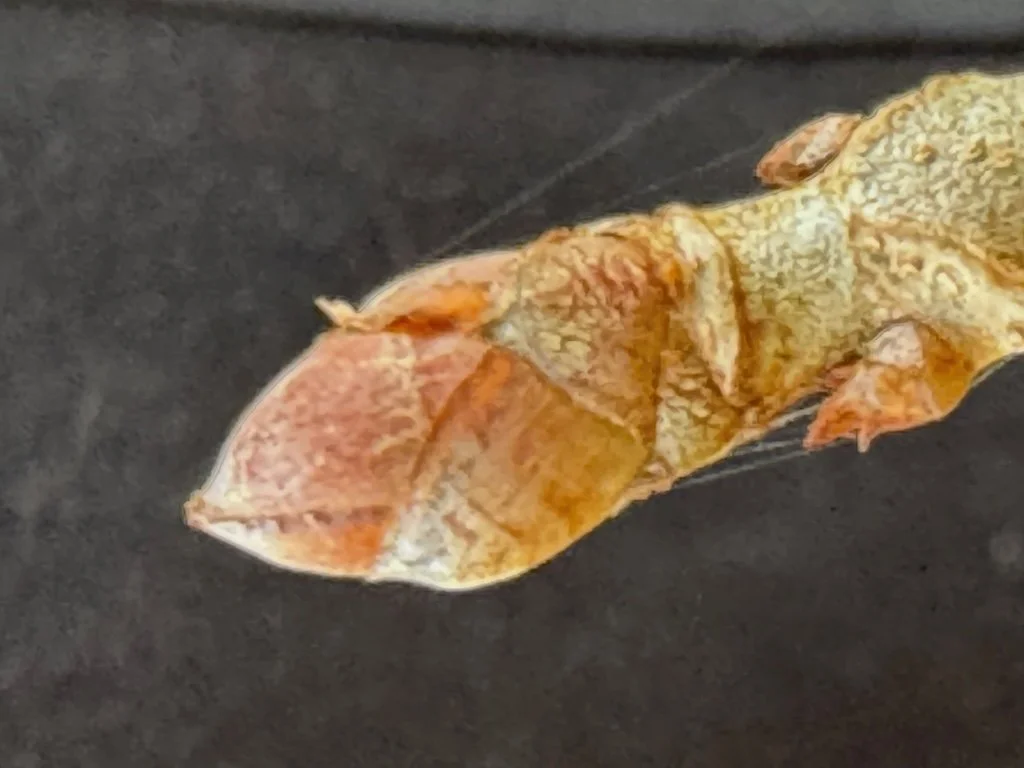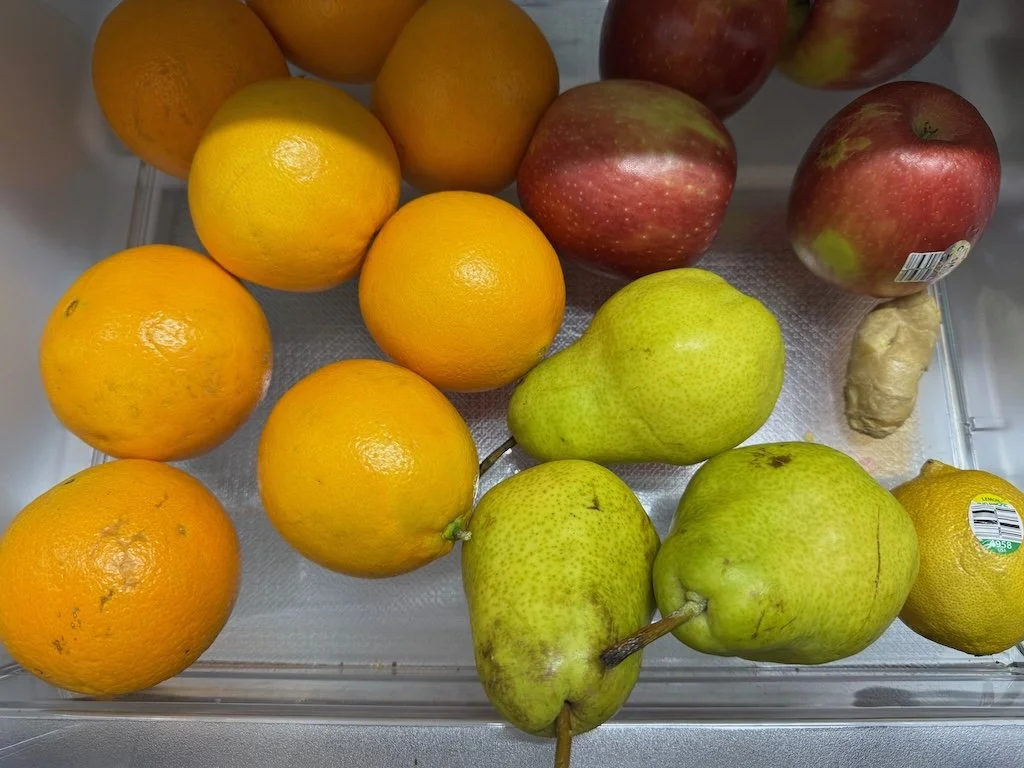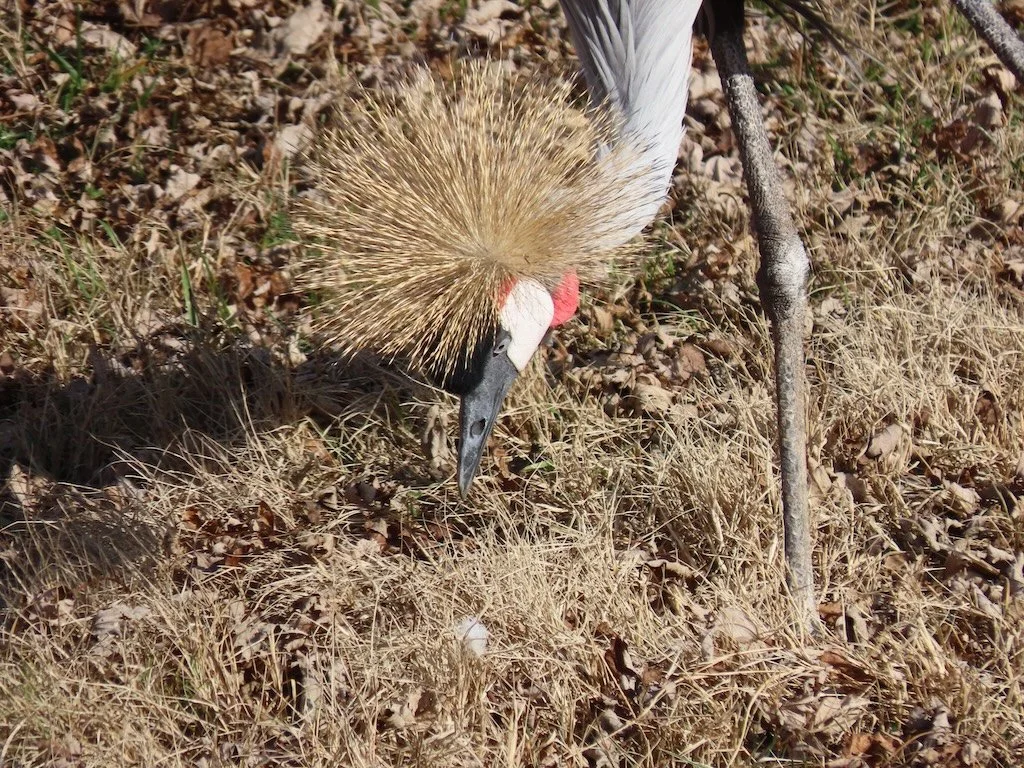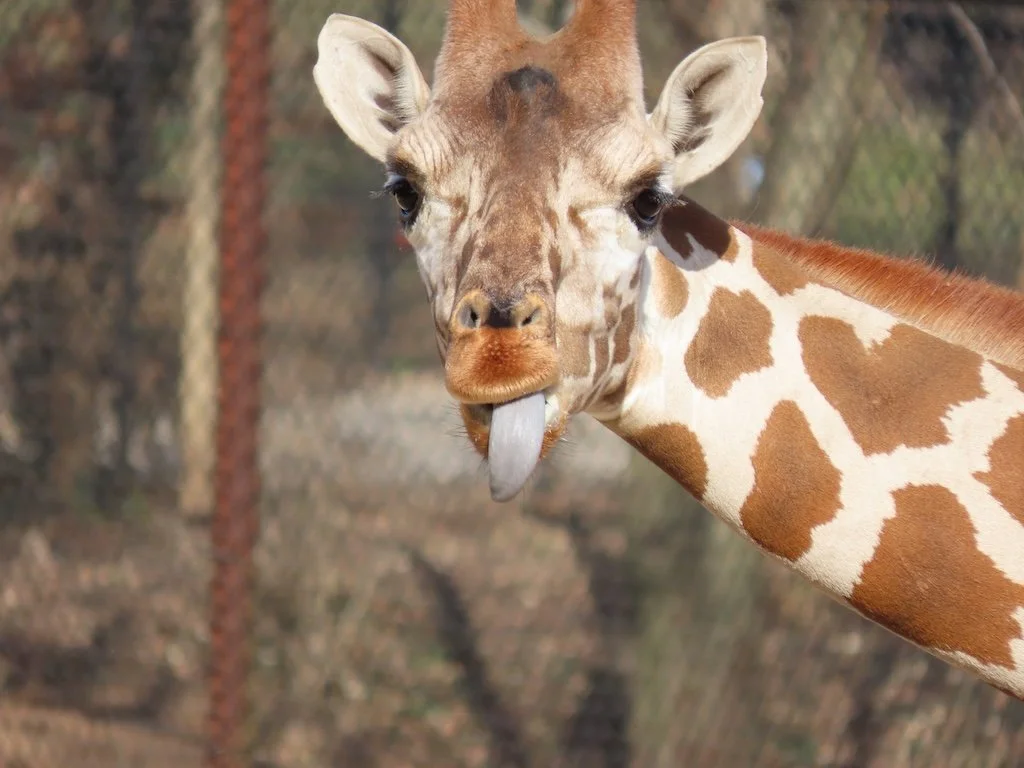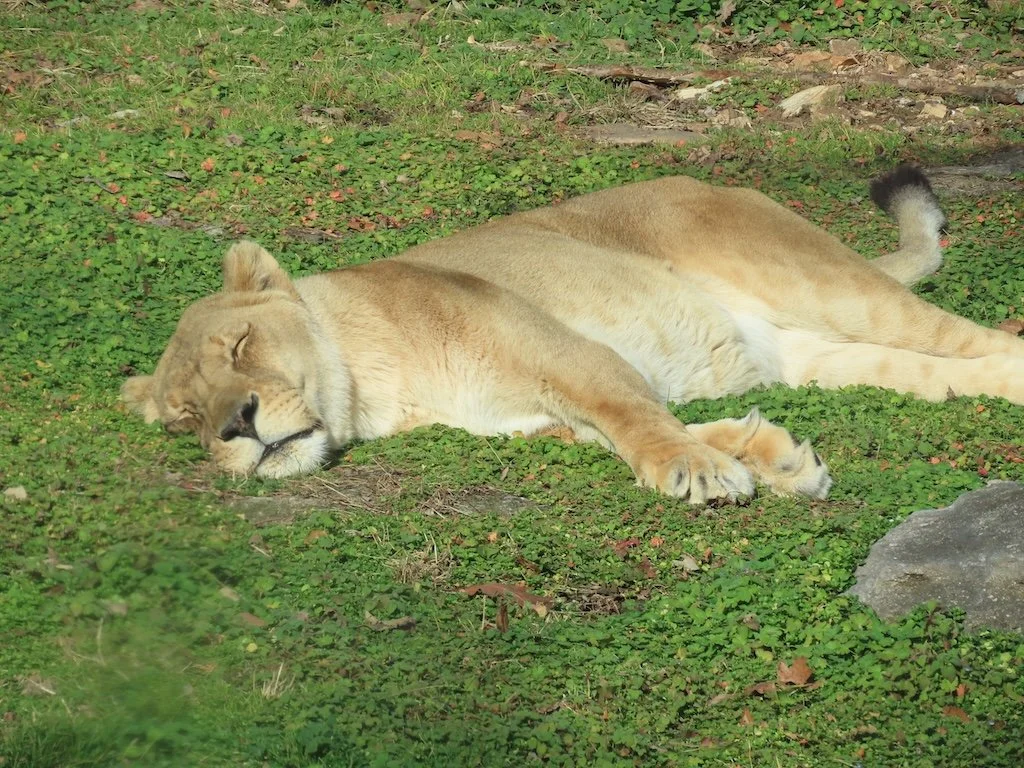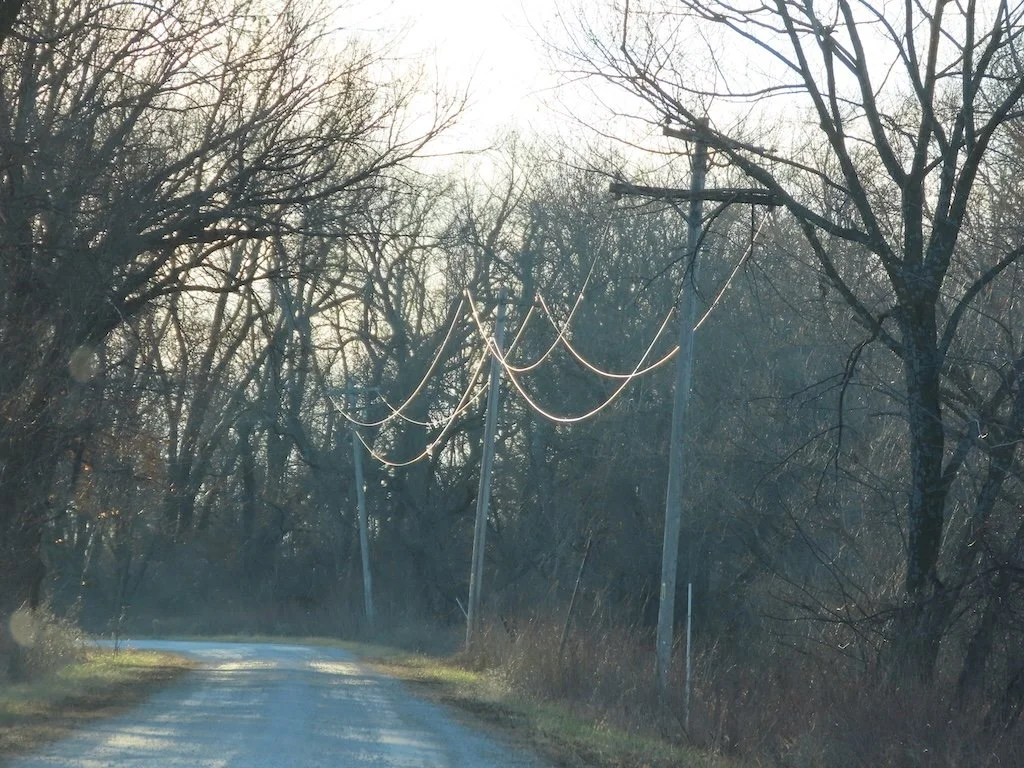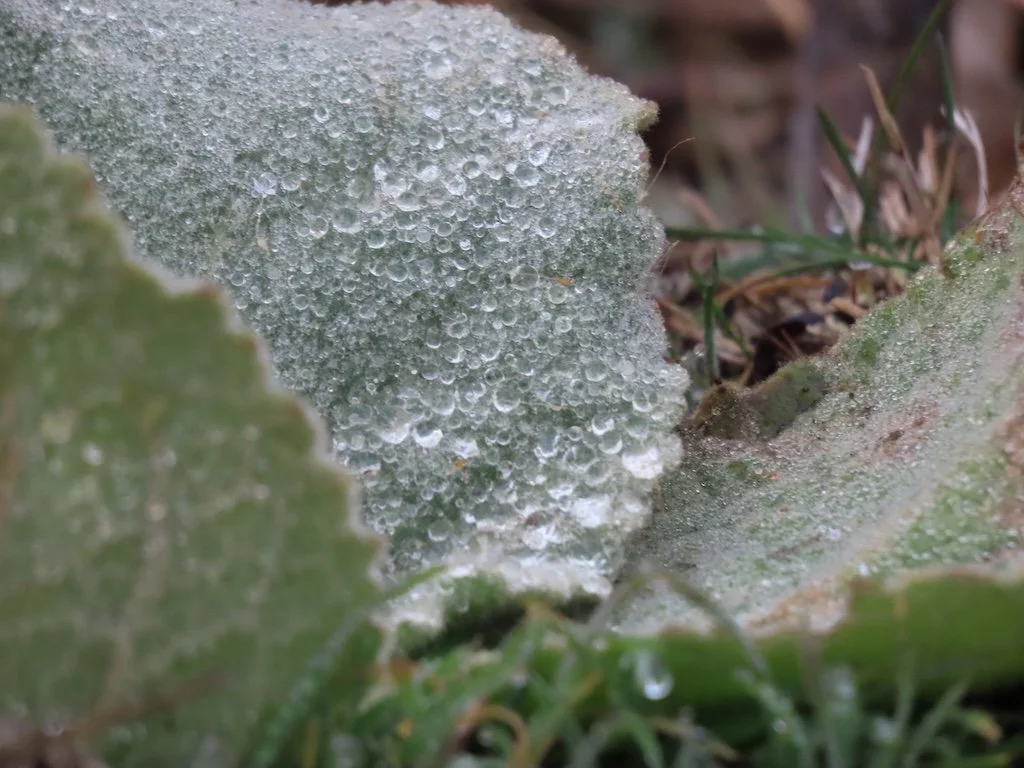Gleanings of the Week Ending February 1, 2025
/The items below were ‘the cream’ of the articles and websites I found this past week. Click on the light green text to look at the article.
Warmer, Greener Arctic Becoming a Source of Heat-Trapping Gas - Roughly half of the region is growing greener, but only 12% of those greener areas are actually taking up more carbon.
More Than 100 Died When the S.S. Valencia Wrecked in the ‘Graveyard of the Pacific’ - Not long before midnight on a night with poor visibility in 1906, the Valencia struck a rocky reef off the west coast of Vancouver Island. The captain ordered the ship run aground, but it caught on rocks less than 400 feet from shore….and sank over the next 40 hours. The rough seas made it difficult of lifeboats and many capsized. 136 people died, 37 survived. Weather, waves, swift currents and a shifting sandbar made the area particularly hazardous, even for experienced captains. Lessons learned from the wreck of the Valencia are its most lasting legacy.
Menopause research is globally underfunded. It’s time to change that - The overwhelming majority of studies in the field of ageing do not consider menopause…and yet half the population will experience it. The disruptive nature of menopause and its health impacts have been known perhaps for millennia and should have been a topic for health funders for a long time. It is never too late to start.
How To: Go Snow Day Birding (with Merlin) – A good idea for a snowy day (maybe not if the temp is in the teens or single digits though).
Fighting Forest Pests With AI: A Hemlock Success Story – Fighting the hemlock woolly adelgid…increasing the odds of saving some trees. It’s too late for the ones behind where I used to live in Maryland. They succumbed to the pest years ago.
Incredible Winners of the 2024 Ocean Art Underwater Photography Contest – I like the ones that are good documentation of a species…and art at the same time.
In the Northeast, 50% of adult ticks carry Lyme disease carrying bacteria – Not good for public health
Inca Tunnel System Identified Under Cuzco – More than a mile of tunnels that reflect the streets and walkways in the Inca capital.
Archaeologists in Pompeii Discover Private Spa Where Dozens of Guests Bathed in Luxury 2,000 Years Ago – Found in a lavish home…big enough to host 30 people. Three rooms: calidarium (hot water), tepidarium (rub oil on skin and immerse in warm water), and apodyteriaum (changing room with mosaic floor). The spa was connected to a banquet room decorated with elaborate frescoes depicting characters from the Trojan war.
New study identifies how blood vessel dysfunction can worsen chronic disease - Specialized cells surrounding small blood vessels, known as perivascular cells, contribute to blood vessel dysfunction in aging, chronic diseases such as cancer, diabetes and fibrosis.


